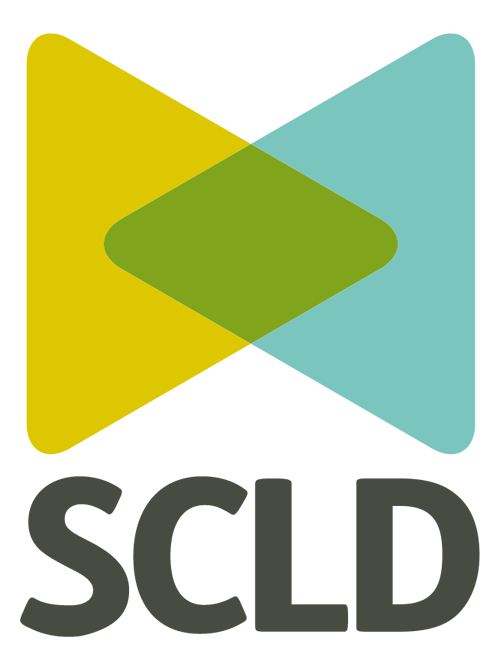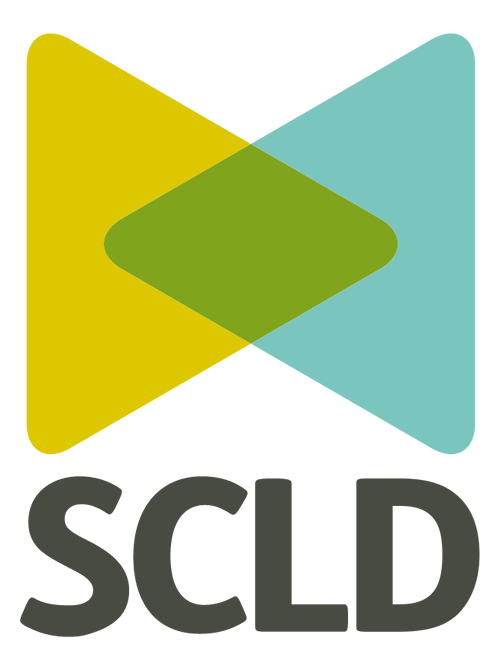
Getting the UNCRC Right for Children and Young People with Learning Disabilities
Over this summer, The Scottish Government has consulted on the Incorporation of the United Nations Convention on the Rights of the Child (UNCRC) into Scottish domestic law.
The Scottish Commission for Learning Disability (SCLD) believes this is a long-awaited and critical development, which aims to make sure that all children’s UNCRC rights are met in Scotland to the highest possible standard.
Across Scotland today, many children and young people with learning disabilities are excluded as both active citizens and human rights holders. SCLD is aware of instances in which children and young people with learning disabilities are denied the opportunity to realise their rights in relation to education, liberty, building relationships and play. Children and young people with learning disabilities can at times, experience life as society’s ‘others’ – left on the edges in relation to aspirations and opportunities.
SCLD is committed to challenging negative assumptions and promoting the rights of children and young people with learning disabilities and their families. Moving forward, the incorporation of the UNCRC into Scottish domestic law will be critical in order to achieve this. To ensure the voices, aspirations and needs of children and young people with learning disabilities are central to this process, SCLD produced a response to this consultation, building on the input we had from children and young people and their families.
In our response, SCLD supported full and direct incorporation of the UNCRC but expressed concerns about children and young people with learning disabilities being “left behind” or considered as an “afterthought” in this. This is best explained by Frédéric Mégret in the context of disability:
“Where the ‘able-bodied’ may be in a position to maximize their rights in a context of rights ‘laissez-faire’, the disabled typically require a much more complex social, political, economic and institutional set-up to enjoy rights on an equal basis. Furthermore, persons with disabilities have been particularly prone to ‘fall between the cracks’ of various divisions internal to human rights, as their position is uniquely vulnerable to omissions, lack of coordination, and narrow focuses.”
In our context (and in simplified terms) what this means is that people with learning disabilities face greater barriers to achieving and accessing their rights than other people. Therefore we must not assume that granting these rights is enough. We must ensure this is reflected in all aspects of the life of a person with a learning disability.
The experience of ‘falling between the cracks’ may be why many people with learning disabilities do not feel that human rights legislation relates to their lived experience. Feelings of disengagement from human rights in Scotland is not unusual. A YouGov survey (2017) which sought opinions about human rights from 1,500 Scottish adults found that 57% of those surveyed were conflicted, opposed or disengaged to/ from human rights.
SCLD believes that incorporation presents an important moment in Scotland to create an environment for improving the lives of all children and young people in Scotland.
To make sure children and young people with learning disabilities do not get overlooked in UNCRC incorporation, SCLD made a number of recommendations in this response. This included a high priority workstream focusing on ensuring that the UNCRC right under Article 23 is met at the highest standard in Scotland. We said that this workstream should have duties to report to Scottish Government Ministers on progress.
SCLD believes that incorporation presents an important moment in Scotland to create an environment for improved lives of all children and young people in Scotland. We are hopeful that this will mark the beginning of a process of empowering children and young people with learning disabilities, increasing, where possible, their self-determination and active citizenship.
Centrally, SCLD believes the UNCRC incorporation will be an important step in clearly establishing children and young people with learning disabilities as individuals with intrinsic value and human rights.
Read SCLD’s full response here.
Oonagh Brown
Policy and Implementation Officer


